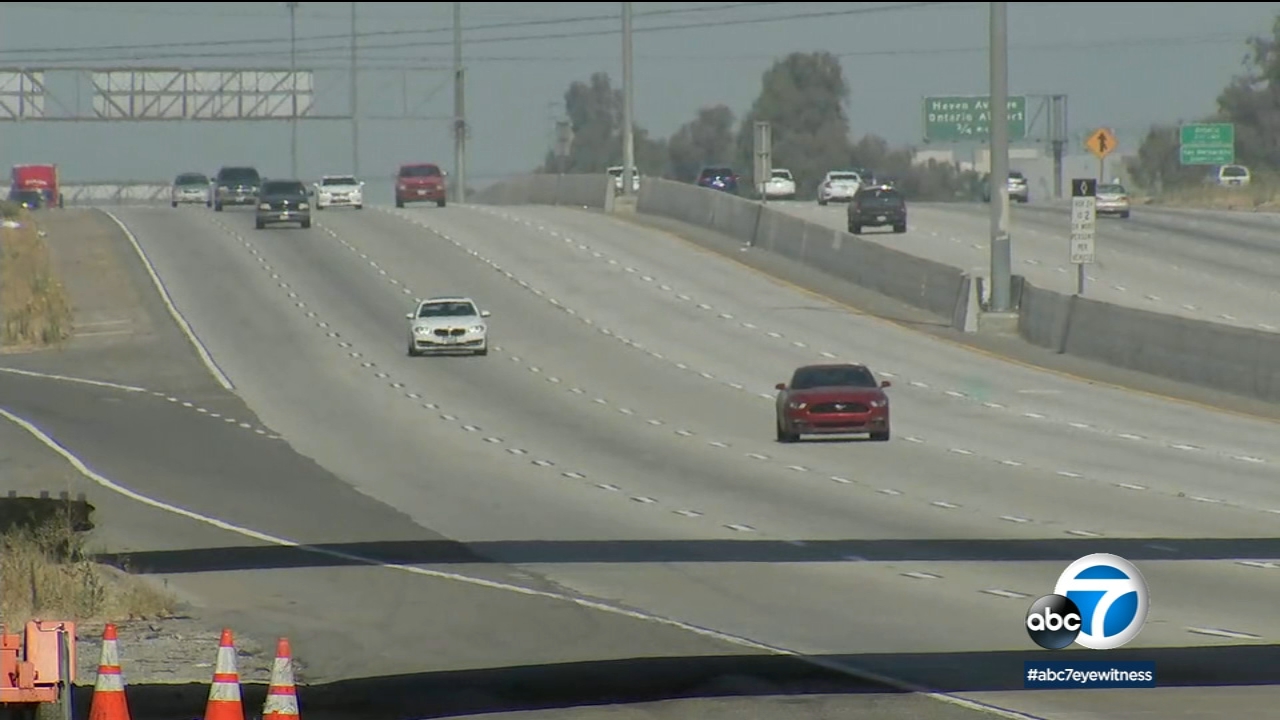CA commissioner orders insurers to refund premiums to drivers amid coronavirus pandemic
California Insurance Commissioner Ricardo Lara ordered insurance companies to return premiums paid for at least March and April. It will extend through May if stay-at-home restrictions continue.

Relief is coming for auto insurance customers in California as people are driving far less during the coronavirus emergency.
California Insurance Commissioner Ricardo Lara is ordering all insurance companies to return premiums effective Monday.
The order covers premiums paid for at least March and April. It will extend through May if shelter-in-place restrictions continue.
Insurance companies will have no later than August to comply.
RELATED: Allstate, American Family to return $800M to customers as people drive less amid COVID-19

Some insurers like Allstate, State Farm and American Family have already voluntarily offered to return premiums to their customers.
Additionally, Allstate said it is also offering anyone in the United States, whether or not they are an Allstate customer, free identity protection for the rest of the year "since our lives have become more digital."
Locally, the notoriously heavy traffic in Los Angeles has been nearly non-existent since the "safer-at-home" order went into effect.
ABC7 spoke with California Highway Patrol Officer Robert Gomez via Skype about the fortuitous development.

"The good news is there's less traffic, but what that comes more speeders, erratic drivers," Gomez said.
The amount of calls to the CHP have dropped compared to the number of fender-benders that occurred during normal gridlock before the coronavirus outbreak.
But now the agency is receiving calls and witnessing more rollover incidents, single-car collisions and more ambulances responding due to the higher volume of speeders on the empty roads, which in turn results in more dangerous results.








